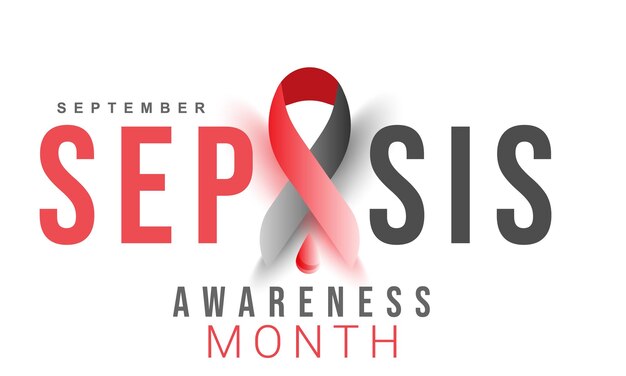Understanding Sepsis: Causes, Symptoms, and Prevention
Sepsis is a life-threatening condition that arises when the body’s response to infection causes widespread inflammation, leading to tissue damage, organ failure, and potentially death. While often triggered by bacterial infections, sepsis can result from any type of infection, including viral, fungal, or parasitic. Early recognition and prompt treatment are crucial in preventing serious outcomes.
What Is Sepsis?
Sepsis occurs when the body’s immune system, which normally helps fight infections, goes into overdrive. Instead of targeting just the infection, the immune system begins to attack the body’s own tissues and organs. This widespread inflammation can lead to dangerous drops in blood pressure, shock, and multi-organ failure if left untreated.
Common Causes of Sepsis
Sepsis can develop from various infections, including:
- Pneumonia (lung infection)
- Urinary Tract Infections (UTIs)
- Abdominal Infections (e.g., appendicitis or peritonitis)
- Skin Infections (e.g., cellulitis)
- Surgical Wound Infections
While anyone can develop sepsis, certain groups are more vulnerable:
- The elderly
- People with weakened immune systems
- Patients with chronic conditions (e.g., diabetes, kidney disease)
- Infants and young children
- People with recent surgeries or invasive medical procedures
Recognizing the Symptoms of Sepsis
The early symptoms of sepsis can mimic other less severe illnesses, which makes it difficult to identify. However, the following signs should not be ignored:
- High fever or chills
- Rapid breathing and heart rate
- Confusion or disorientation
- Extreme pain or discomfort
- Clammy, sweaty skin
- Decreased urine output
- Low blood pressure (a sign of septic shock)
If you or someone you know shows these symptoms after an infection, it is critical to seek medical attention immediately. Sepsis is a medical emergency, and early intervention can save lives.
How is Sepsis Diagnosed?
Healthcare providers diagnose sepsis based on a combination of symptoms, blood tests, and imaging studies. Blood tests can help identify the infection source and measure inflammation levels, while imaging such as X-rays or CT scans may pinpoint the location of an infection.
Treatment of Sepsis
Once diagnosed, the main goals of sepsis treatment are to:
- Control the infection – Antibiotics or antivirals are administered as soon as possible.
- Support vital organ function – This may involve intravenous fluids, oxygen, or medications to stabilize blood pressure.
- Remove the infection source – In some cases, surgery may be required to drain abscesses or remove infected tissue.
Timely and aggressive treatment is key to improving outcomes for patients with sepsis. Intensive care support may be needed for patients in severe stages.
Preventing Sepsis
Since sepsis is often triggered by infections, preventing infections is the first step in reducing the risk of sepsis. Some effective preventive measures include:
- Vaccination: Ensure you are up to date on vaccines, especially those that protect against pneumonia, influenza, and other infections.
- Hygiene: Regular hand washing, especially after using the restroom or before handling food, can prevent the spread of infections.
- Proper Wound Care: Clean and cover cuts, scrapes, and other wounds to prevent infection.
- Seek Prompt Medical Care: If you suspect an infection, especially after surgery or a medical procedure, seek medical help early before complications arise.
The Importance of Early Recognition
Sepsis can progress rapidly. What starts as a mild infection may evolve into septic shock within hours, which is why early recognition is vital. Health campaigns focus on raising awareness of sepsis symptoms so patients and caregivers can act quickly and prevent long-term damage or death.
Conclusion
Sepsis is a critical condition, but it is preventable and treatable when recognized early. Awareness of the symptoms and risk factors can help reduce the risk of developing sepsis or experiencing complications. If you or someone you know is experiencing signs of sepsis after an infection, seek medical attention immediately.
For expert care in managing infections and preventing complications like sepsis, consult with Dr. Chhavi Gupta, an Infectious Diseases Specialist with vast experience in diagnosing and treating infections.
📞 Book an appointment: +91 8851 346 424 | 🌐 Visit: drchhavigupta.com

